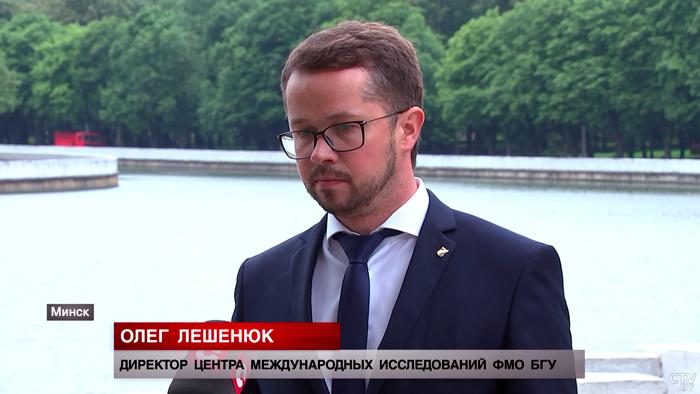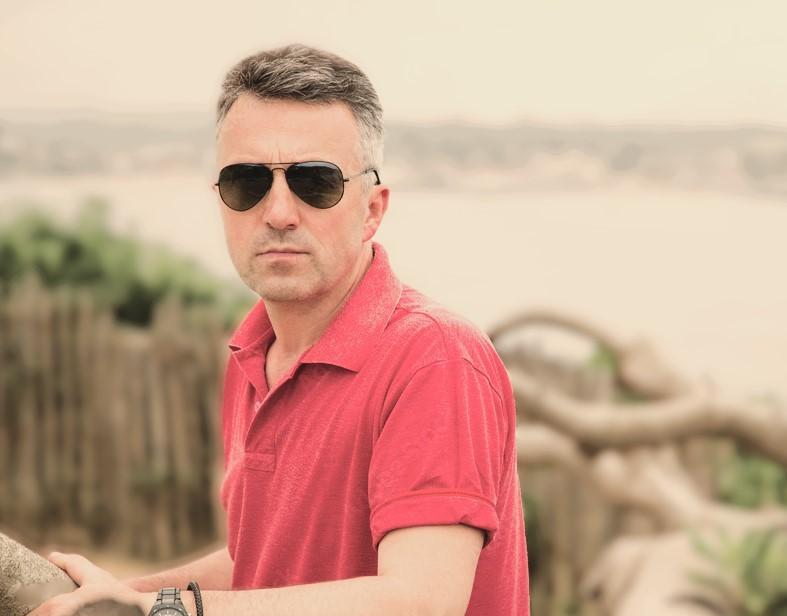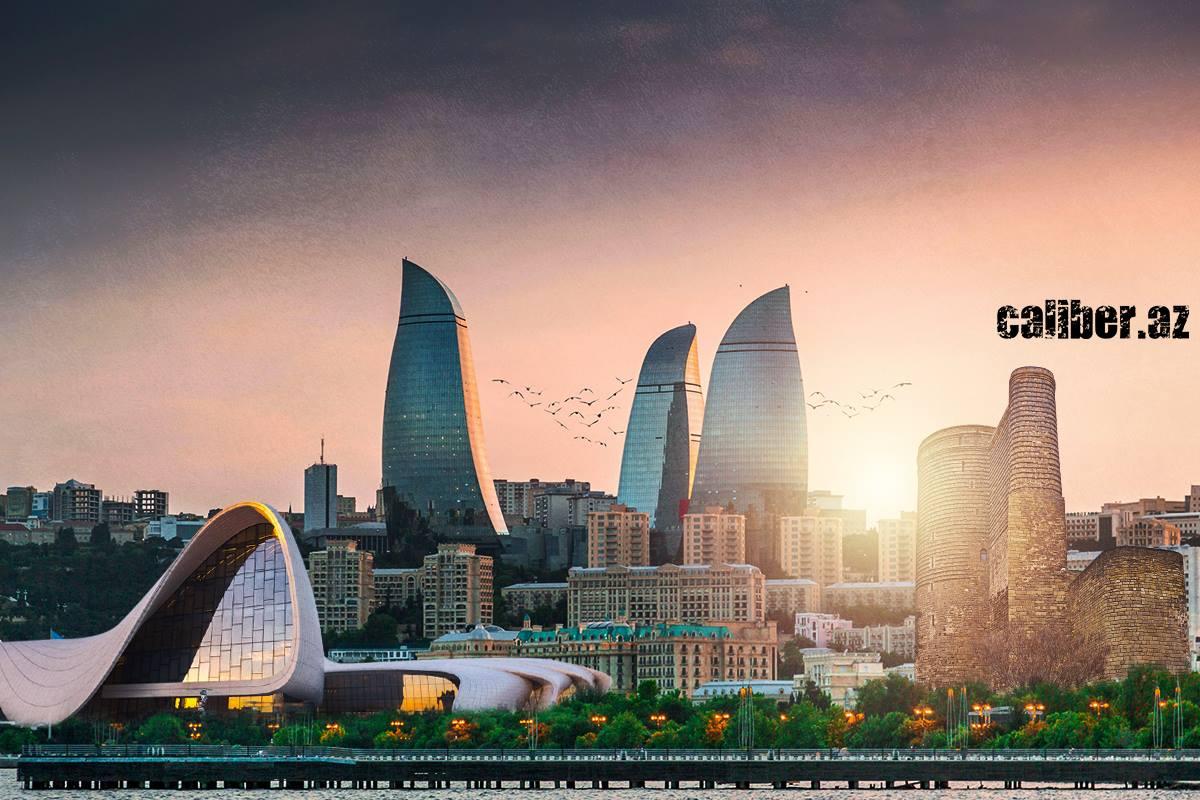West strives at undermining situation in South Caucasus Foreign experts’ views on Caliber.Az
Russian Foreign Minister Sergei Lavrov has said at a press conference in Minsk, Belarus that the US and satellite states are trying to undermine the implementation of agreements reached by Armenia and Azerbaijan with Russia’s assistance.
Lavrov said that the West is trying to interfere with the stabilisation of the situation in the South Caucasus.
He also noted that the US is also actively working in Central Asia, where various formats against Moscow are being created.
Lavrov noted that Russia’s strategic allies are under enormous pressure, nevertheless they remain committed to the common values and principles on which such organisations as the Eurasian Economic Union (EAEU), the Commonwealth of Independent States (CIS) and the Collective Security Treaty Organisation (CSTO) are based.
Lavrov is sure that, strategically, the Western policy is doomed to failure.
Why are the EU and the US so persistently striving at undermining the situation in the region? Why is the Russian foreign minister confident that the West’s strategy in the South Caucasus and other regions will fail?
Foreign experts expressed their views for Caliber.Az.

Director of the Center for International Studies of the Faculty of International Relations of the Belarusian State University Oleg Leshenyuk said that the attempts of the US and the EU to undermine the agreements between Azerbaijan and Armenia are clear. A tough information campaign should have been expected as any actions in the CIS aimed at the sustainable development of peoples and peace cause the West’s negative reaction.
“The attempts to organise parallel negotiations between Azerbaijan and Armenia on the territory of Western countries, and the 5+1 format in the Central Asian region under the guise of peaceful and friendly actions are aimed at destabilising, first of all, the CIS and other regional organisations,” he said.
“However, this is impossible strategically as the common historical past of our peoples testifies that we are able to unite and repel any threats from the outside, namely, aggression, sanctions, information wars, etc.,” Leshenyuk added.

Candidate of political sciences, Russian political analyst Dmitry Gradov said that Lavrov made these statements in the presence of Russia’s allies and partners in the CIS deliberately.
“Moscow is trying to convey its message to everyone who is trying to benefit from both sides at once by conducting negotiations on close cooperation with the West and pretending to remain loyal to Moscow,” he said.
“The concern of the Kremlin, which is trying to preserve and secure its camp of allies, is quite clear because the West has recently begun to make many more efforts to destabilise the political situation in the countries located around Russia, which, as a rule, have long-term ties with Russia,” Gradov noted.
He stressed that the war in Ukraine is just a convenient reason for the West to start to destroy the relations between Moscow and the CIS countries.
Gradov said that such a policy was pursued by Europe and the US before. These big players want to drag as many Russia’s allies to their side as possible.
“However, the current situation in the South Caucasus causes indignation. The EU and the US are provoking a new war in the South Caucasus,” the political analyst said.
He said that the West, both before and after the 44-day second Karabakh war, pretended for a long time, disguising the true goal of its plans under peace initiatives. Finally, now it is clear that neither Brussels nor Washington cares about Azerbaijan’s fair position or the justification of its position.

“Why must the West defend Armenia? Why must it defend a country that has been an occupier for more than thirty years and has destabilised the situation in the South Caucasus? Presently, when Azerbaijan is trying to restore peace in the region, calling on Yerevan for peace, the EU and the US openly support Armenia, moreover, they intend to contribute to its economic growth and restore its military potential,” Gradov said.
“It is quite obvious that thanks to such intensive support, Yerevan will again hatch plans for a new escalation in the South Caucasus. That is, in this game the West clearly outlined its interests and confirmed that it is not interested in preserving the sovereignty of countries, the principles of international law. This is the game,” he noted.
“However, I think that Lavrov is right. Such a policy is doomed to failure in almost all cases. The fact is that the Central Asian countries see the game of so-called Western “partners” and the consequences of the attempts to establish the closest ties with them,” the political analyst said.
“The geographical position of countries cannot be changed. The Central Asian countries are well aware of the peculiarity of their location near the borders with Russia. Every proposal for cooperation is thoroughly viewed, carefully considering all the risks,” Gradov said.
“The geopolitical location of the region will never allow the peoples of the Central Asian countries to live in accordance with the West’s instructions. This is illogical and unjustified. It is possible to cooperate but not to become vassals of the West,” he said.
Gradov noted that perhaps the only player who is trying to break this algorithm is Armenia, which, obviously, has a unique Armenian algorithm of actions and decision-making processes.
“However, proceeding from the results of the 44-day second Karabakh war and even last year, the Armenian strategists, as a rule, fail. Yerevan always wants to make money at someone else’s expense, but, alas, this does not always happen,” the political analyst added.








